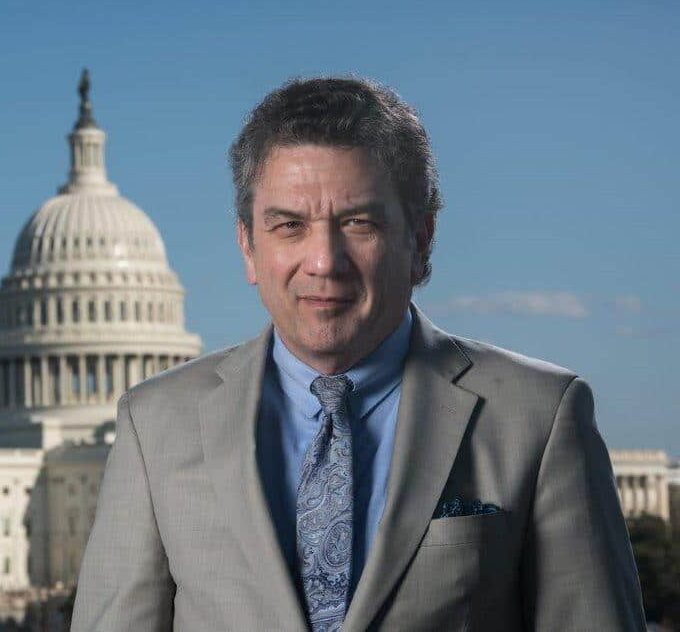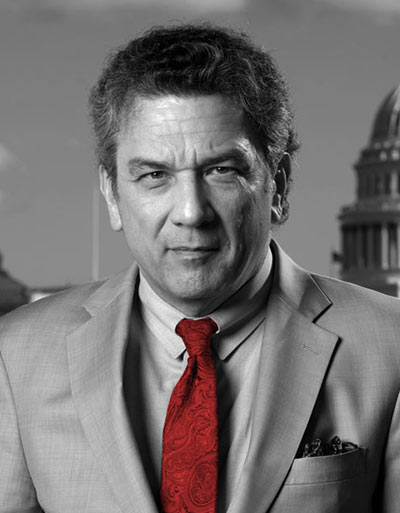Protecting Your Interests During Federal Grand Jury Investigations
Federal grand juries have enormous power within our criminal justice system. Responding incorrectly to a federal grand jury subpoena for your testimony or documents, or your company’s documents, can have disastrous consequences.
Federal grand juries have a maximum of 23 members, 16 of whom must be present to form a quorum. Indictments are returned by a vote of 12 or more members. Federal grand juries typically sit for a term of 18 months and meet at regular intervals. Although federal judges empanel federal grand juries and formally supervise them, these judges do not usually interfere with federal grand jury investigations. The federal prosecutor, or assistant United States attorney, is the primary government official interacting with the grand jury. The federal prosecutor leads all grand jury sessions, although he or she cannot testify or be present during grand jury deliberations.
“As a practical matter, a federal grand jury will almost always return an indictment presented to it by a prosecutor. This is the basis for Judge Sol Wachtler’s famous saying that a prosecutor can get a grand jury to ‘indict a ham sandwich.’” — Solomon L. Wisenberg, ” Federal Grand Jury Crash Course.
Danger: Grand Jury Testimony Without Legal Advice
In conducting federal criminal investigations, a grand jury can pretty much do what it wants, other than violating certain testimonial and constitutional privileges. Federal grand jury subpoenas are almost never quashed on grounds that they call for irrelevant information or go beyond the grand jury’s authority. Obviously, testifying or providing documents to such a powerful body entails grave risks. I believe that citizens should never attempt to face these risks without the help of an experienced white collar criminal defense attorney.
A Sophisticated Defense Against Aggressive Law Enforcement Tactics
Your lawyer can’t be with you in a federal grand jury room, but he or she can be right outside the room, and you have the right to consult with him or her after each and every question. In fact, you can spend as much time as you need conferring with your lawyer, as long as you are not attempting to disrupt the federal grand jury process. You can also leave the grand jury room in order to brief your attorney about the questions being asked and your responses. In most jurisdictions, you can take notes of questions asked during the grand jury session. These can later be shared with your attorney.
Types of Information Subpoenas May Cover
Federal grand jury subpoenas can be for (a) testimony ( ad testificandum); (b) documents or objects ( duces tecum); or (c) both. The face of a federal grand jury subpoena will reveal which of these types you have received. You should be subpoenaed either as an individual or as a custodian of records for a business entity.
If you are subpoenaed for testimony as an individual, you may be able to avoid answering questions by invoking the Fifth Amendment’s privilege against self-incrimination. The right to invoke this privilege is much broader than most witnesses and even attorneys realize. If a truthful answer to a grand jury question would even tend to incriminate you, you can invoke the privilege and refuse to answer. How can an answer tend to incriminate you? If it furnishes a link in the chain that might lead to your conviction.
Can a person who is totally innocent of wrongdoing invoke the privilege? Absolutely! The Supreme Court has ruled that the privilege protects the innocent as well as the guilty. Why would an innocent person want to invoke the privilege? To keep from being ensnared by a mistaken, incompetent, or unscrupulous prosecutor.
Corporate Information and Custodians of Records
Corporations and other business entities cannot invoke the privilege against self-incrimination according to current case law. And since a corporation operates through human agents, it must designate a custodian of records when subpoenaed by the federal grand jury. But the Supreme Court has ruled that the corporate custodian is only required to answer a narrow category of questions, related to how the subpoenaed documents were gathered.
If you are properly subpoenaed as a business custodian, it is very important that you limit your answers to this narrow category of questions. Prosecutors love to get corporate or business custodians into the grand jury room and ask extra questions. These questions might seem innocuous, but they are often very dangerous. You need to have your white collar criminal lawyer with you for consultation, right outside of the grand jury room, to ensure that you are not tricked into answering one question too many.
Multiple Testimonies
Some federal prosecutors like to call witnesses back to the grand jury to testify on multiple occasions. This is dangerous because it can cause you to inadvertently give inconsistent testimony under oath. Under the federal criminal code, the government can prosecute you for testifying to two irreconcilably contradictory statements under oath, and the government does not even have to prove that either of the statements in question was false.
When you are called back to the federal grand jury to testify for a second time, your attorney should insist on your right to review ahead of time the official transcript of your first session. In this way, you can refresh your recollection as to your earlier testimony, correct any mistakes, and prepare yourself for the upcoming session. The U.S. Court of Appeals for the District of Columbia Circuit recently ruled that federal grand jury witnesses, even if they have not been called back to testify for a second time, have an inherent right to review a transcript of their earlier testimony.
Contact a Federal Indictment Defense Attorney
I have represented many clients at the federal grand jury and can help you navigate the treacherous waters of a grand jury investigation. For experienced legal help, feel free to contact me, grand jury investigation lawyer Solomon L. Wisenberg, at the Washington, D.C., law offices of Nelson Mullins Riley & Scarborough, LLP.
You may also call me at 202-689-2922 during normal business hours, or at 202-257-7846 if an urgent matter arises during the evening or weekend.



